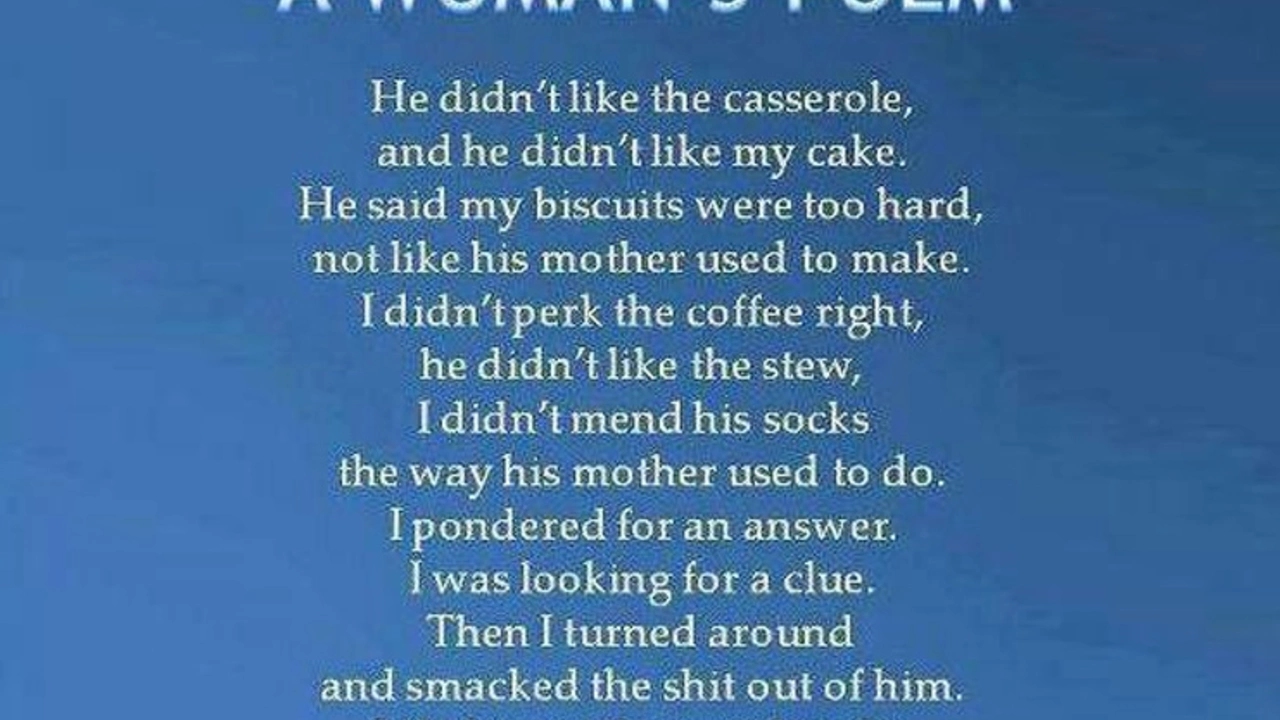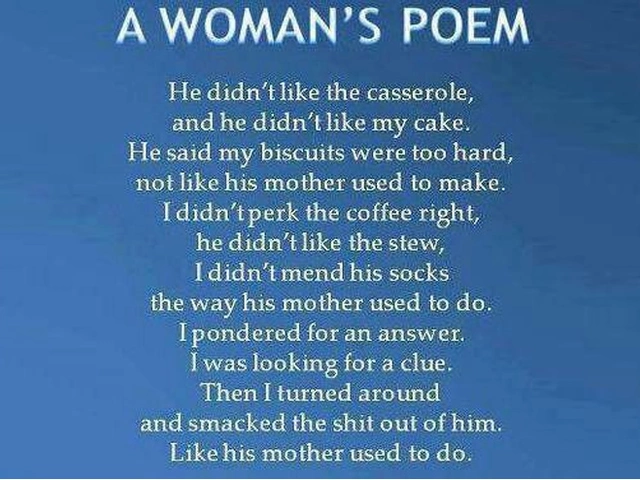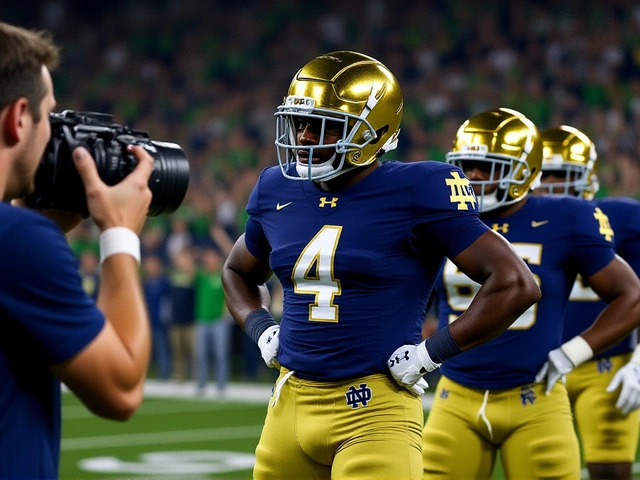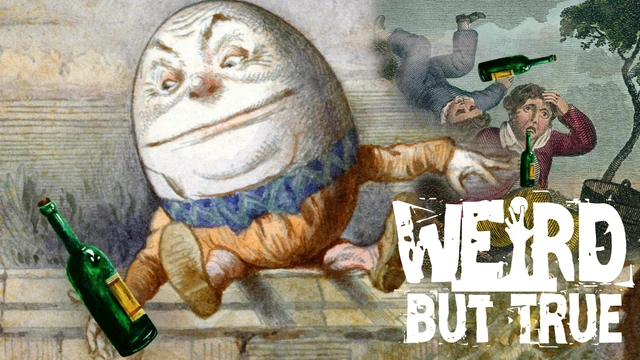Poems that Paint Women in Verse
Let's dive headlong into the ocean of literature, as deep and as varied as it comes, and look for the hidden pearls that give us the most vivid portrayals of women. Poetry, with its potent power to convey profound feelings and intricate notions in just a few lines, has always been my refuge. And through the years, I've come across several poems that present women in different lights - as a lover, a mother, a fighter. Here, I'll share some of my favourites. Hang on, this is going to be a journey you won't forget.
Tribute to the Gentle Nurturer
The first one that comes to mind is Rudyard Kipling's 'The Female of the Species'. No, don't be put off by the title; it's not as dry as it sounds. Kipling beautifully portrays women as the softer, nurturing gender but also as ferocious protectors when those they love are in danger. The tone is respectful, almost in awe of womanhood, and I feel a sense of tranquility each time I read the lines, "She who faces Death by torture for each life beneath her breast/ May not deal in doubt or pity - must not swerve for fact or jest."
Raving About the Ravishing Rebel
Maya Angelou's 'Phenomenal Woman' is like a force of nature. It's the kind of poem that gets your blood pumping and your spirits soaring. Angelou dances on the very lines of the poem, with her innate power and irresistible charm. She is mysterious and compelling, and she owns her flaws and embraces her individuality with pride. When she proclaims, "I am a woman/ Phenomenally", we believe her, and we can’t help but admire her spirit.
Woman: The Eternal Enigma
Robert Graves' poem 'She Tells Her Love While Half Asleep' is a stunning portrayal of a woman in love. Graves paints an enchanting picture of a woman who, even in her sleep, can't help but confess her deepest emotions. There is a haunting quality to this poem, the sense of an enigma that can't be fully understood, yet so beautiful that it captivates us completely. The lines that get to me every time? "Her eyes morbidly wide, and wonderingly./ She knows not what she says, and so far off her topic strays."
A Desire Named Woman
Another gem that I’ve been quite taken with is C.Day Lewis’s ‘She’. Presenting the image of a woman as warmth, as desire, and as the ultimate refuge, it’s a poem that makes the heart flutter. It speaks of love that is quiet yet burning, and a longing that is as old as time. The simplicity of the lines 'She is so free and white, and soft to the touch,/ And her look, oh, it turns a lad inside out' carry a hefty emotional punch.
In Praise of the Powerful
Pablo Neruda's poem 'The Queen' speaks about a woman who is an unflinching pillar of strength. A woman who's brave, who's the shelter in the wildest storm, who's the lighthouse guiding wayward souls. It's a celebration of womanhood in its fiercest form. Once, I remember, Max, my trusty terrier, didn't seem to realise a thunderstorm was raging outside our Melbourne home because we were both so totally lost in Neruda’s lines.
The Muse of the Mystic Poet
Rumi's 'The Privileged Lovers' is, in a word, magical. Just remember, it's not about just romantic lovers, but about the divine connection between human and God. The poem speaks of the extraordinary woman, the one who stirs the heart and spirit, who guides us towards light and love. The profound lines “These spiritual window-shoppers,/ who idly ask, ‘How much is that?' Oh, I'm just looking./ They handle a hundred items and put them down,/ shadows with no capital.” never fail to leave me reflecting deeply about the transcendent power of love.
Love for the Everyday Woman
Billy Collins' 'Litany' is a delight, a true ode to the everyday woman. Its charm lies in beautifully praising the traits and quirks of an ordinary woman. It’s light, humorous, and precious in its praise - a valuable reminder that it’s often the simplest traits that make someone extraordinary. I've shared this poem with so many friends in Melbourne and, invariably, everyone always breaks into a smile while reading it.
Why These Poems Matter
These poems, and countless others, provide glimpses into the multifaceted world of women. Each verse adds a layer, creates a texture, shapes an image. When I sit with my dog Max at the end of a long day, reading these works, I feel like I'm a bit closer to understanding the wonders of women, and that's no small thing. Through their eyes, we see strength and vulnerability, resilience and gentleness, fierceness and love. It’s a beautiful labyrinth, and I encourage each reader to pick up these poems, step into that world, and remember to cherish the extraordinary women in your life.







